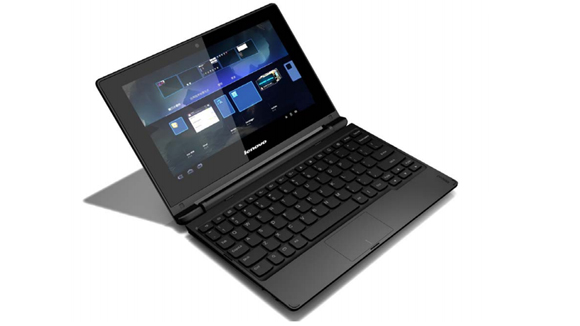How China is orchestrating a semiconductor revolution
It's music to ARM's ears
TRP: Is the multi-SIM thing something that's done to support the 'bring your own device' (BYOD) trends or is it more for general consumers?
NH: Well, business people are consumers too. And a phone is also a status product - people want to buy good-looking phones that also fit their pockets.
The Asian consumer is more cost conscious - if you go to Chinese websites that advertise Chinese handsets you'd see that many of them are offered at a much-reduced price, but still offer a good smartphone experience for cost-conscious people.
Again, many of the local suppliers are adapting their products to suit that market. And the local markets are huge - they're among the fastest growing markets in the world and many Western companies are looking to try get into them as the growth projections there are better than many in the West.
TRP: Has ARM's IP licensing business paved the way for a number of low cost SoC vendors in China to enjoy substantial marketshare?
NH: It's not that ARM's allowing that to happen - we are as responsive to market change as anyone. When we set up the company in 1990, the ethos was always that it was going to be a global company from day one.
Certainly Asia, starting in the 90s with Japan, was a key region for us anyway. That's grown with Taiwan and companies like MediaTek and RealTek - we've had long relationships with them right from the very earliest stages that have built up over time.
Sign up to the TechRadar Pro newsletter to get all the top news, opinion, features and guidance your business needs to succeed!
We've got multiple sales and development offices in the greater China region and we continue to invest there. You can't have a global standing without having a very strong presence in that market and without forming very big relationships with the big key companies in that space.
We recognise that many of these companies are doing very innovative things, starting with the TV space. Many Chinese players are seeing tablet opportunities too - I'm thinking of Allwinner and Rockchip in particular - so for us that presents an opportunity.
We're able to license those guys' processor designs, and increasingly processors plus graphics processors and the components that go around them.
China is absolutely a key region, and in some ways yes - our business model has enabled those companies to effectively get hold of processor technology.
ARM's business model is about democratising processor technology pretty much in the same way that US or European companies have been able to license their own products.
We don't necessarily differentiate as to which region they come from or what product they have. It's done by customer need, not any particular manipulation from our side.

TRP: Some Android handsets are being manufactured for under $100 in China and sold for not much more. Could those low prices impact what devices are sold for in the West?
NH: Yes, I think they will, and product prices will fall. But I think that in the end it's about how much profit you make off each particular product.
We'll see low cost devices but we also know that consumers can almost counter that - prices will go down but they will still purchase products on more than just technical specifications.
They make value decisions based on the aesthetics of devices, while others are based on less tangible things like brand and desire. Consumers might pay a bit more for a particular industrial design or brand or product.
Others are blind to any of those types of things and will go for the cheapest or whatever does the job. There is a full spectrum of consumers that you could find anywhere in the world.
In the West, we'll see low-cost products coming into the marketplace - we've seen supermarkets like Tesco sell the Hudl and expect such trends to continue - meaning we'll have a good variety of different types of products.
TRP: Where do you see ARM's relationship with China-based semiconductor companies going in the next few years?
NH: We will continue to invest in the region and develop our relationships with vendors there, which we believe are good today.
We're making sure that we're close to where the customers are and that we understand their needs and look to supply what they're after.
Another comment I'd make about China and the Greater china region is that many of the companies there value a relationship, and they value strong relationships culturally.
TRP: Is that not so much the case in other parts of the world?
NH: It's not a case of the West versus the East. Many companies value a long-term relationship and they make decisions about who they'll partner with.
Our partnership model works very well in the China region as it does in Europe and the US.
